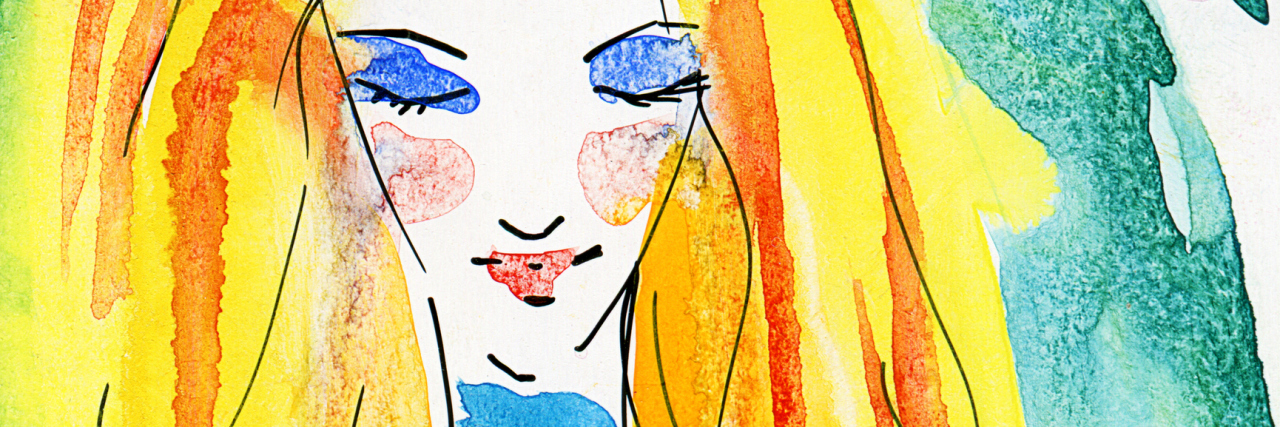I want this to start this off with a couple of questions:
What is “normal?” Is anyone really “normal?” Do I want to be “normal?” Will being “normal” solve the self-loathing and the disconnection we feel?
These are the questions that I pose to myself. For the longest time, my goal in recovery has been to “just be normal again.” I mean how nice does that seem in theory? But the thing is, I think I have been selling myself short trying to just be “normal” again. I mean everyone else can do it, so why can’t I? The dictionary defines normal as “conforming to a standard; usual, typical, or expected.”
I don’t know about where you live, but here in Los Angeles, it is “normal” to want to change your body and diet. That is “typical” and more common than not ,so I guess it’s “normal.” But that is most certainly not what I want. In reality, I want to be healthy, confident, happy, intuitive and grateful, not the Los Angeles version of “normal.”
I think when I say I just want to be “normal,” it can be like saying I want to be thinner or fitter. Although they are very different, it’s still an indicator to me that something doesn’t feel right on an emotional level that is making me want to change something about myself. And although this isn’t a negative thing at all, I think it can easily turn into a “I’m not normal enough” story that once used to be “I’m not thin enough,” or whatever you want to fill that in with.
Ultimately, the assumption that other people are “normal” actually creates distance between others and myself because I think I am different than everyone else. By always striving for normalcy, I know I will always fall short because there is actually no such thing. We all have our own needs, our own personal relationships with food, our own struggles and paths that “normal” just doesn’t cover. So for me, I’m working on accepting myself, creating my own version of “normal” and believing that it’s good enough.
If you or someone you know is struggling with an eating disorder, you can call the National Eating Disorders Association Helpline at 1-800-931-2237.
We want to hear your story. Become a Mighty contributor here.
Thinkstock photo via brickrena

